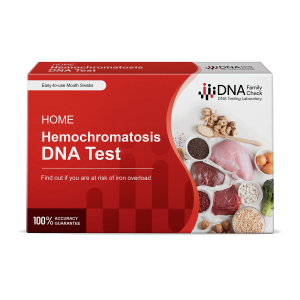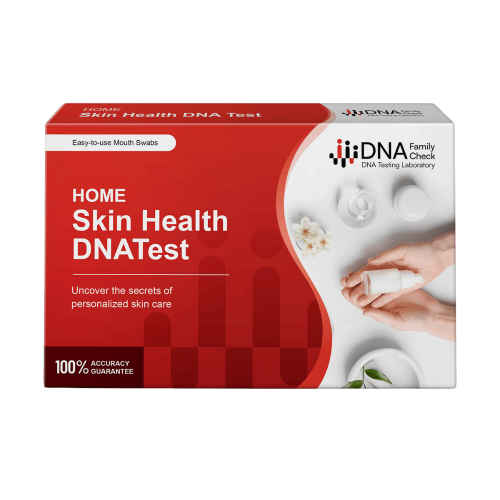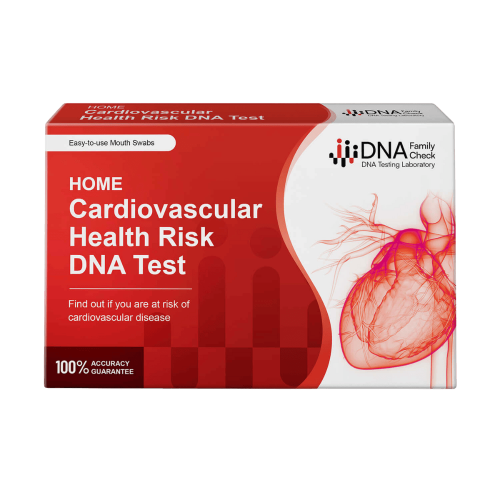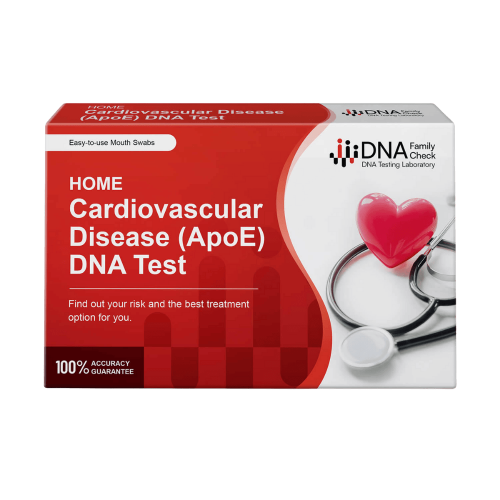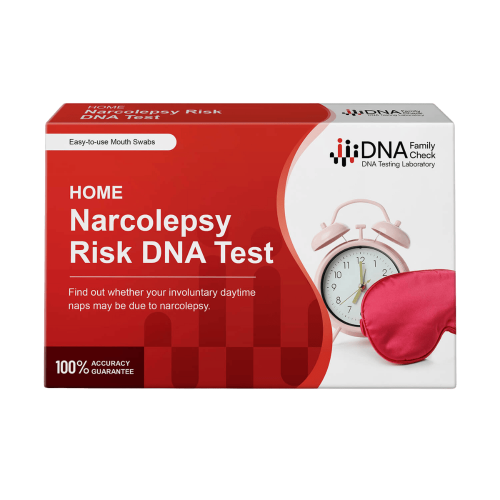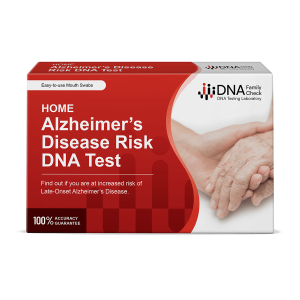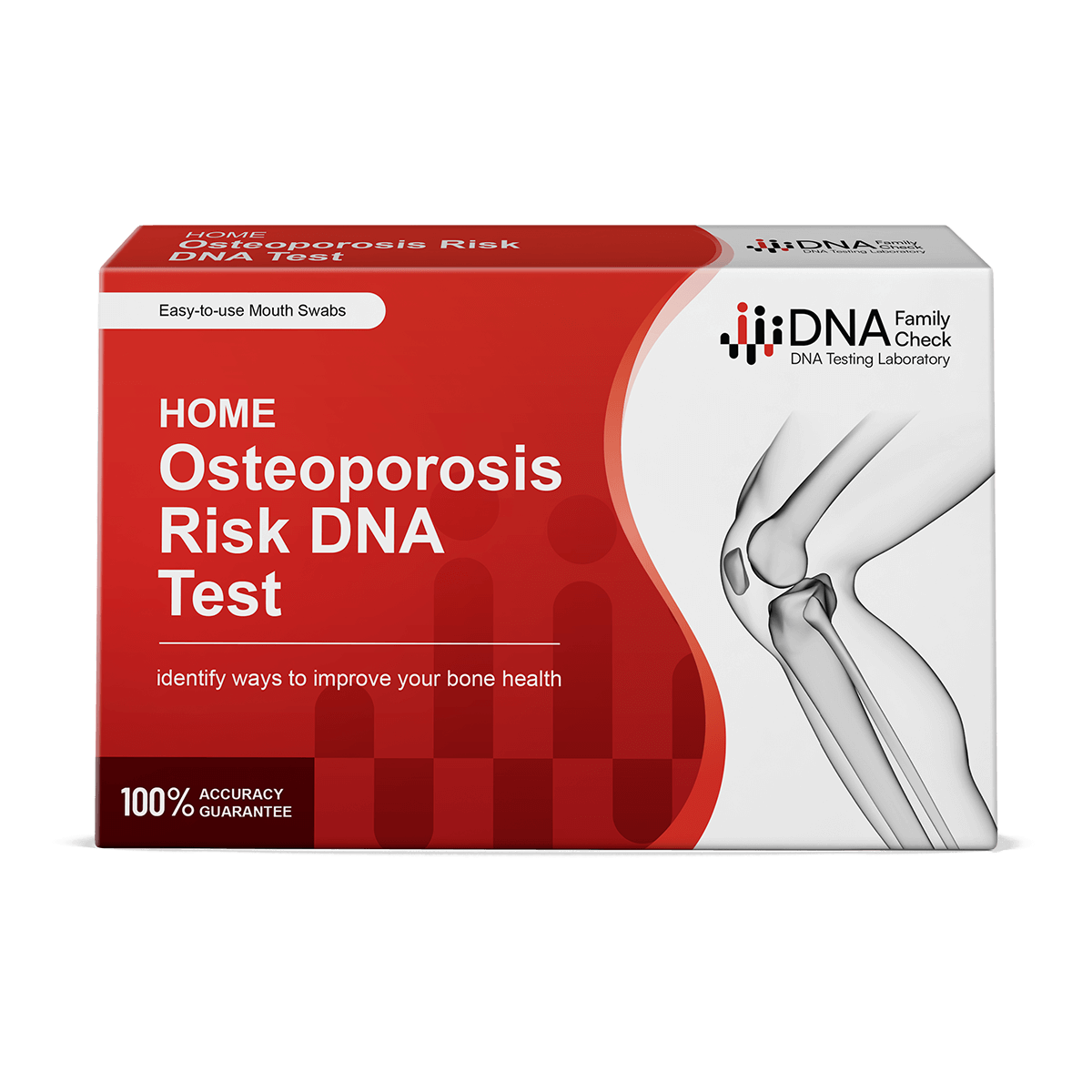

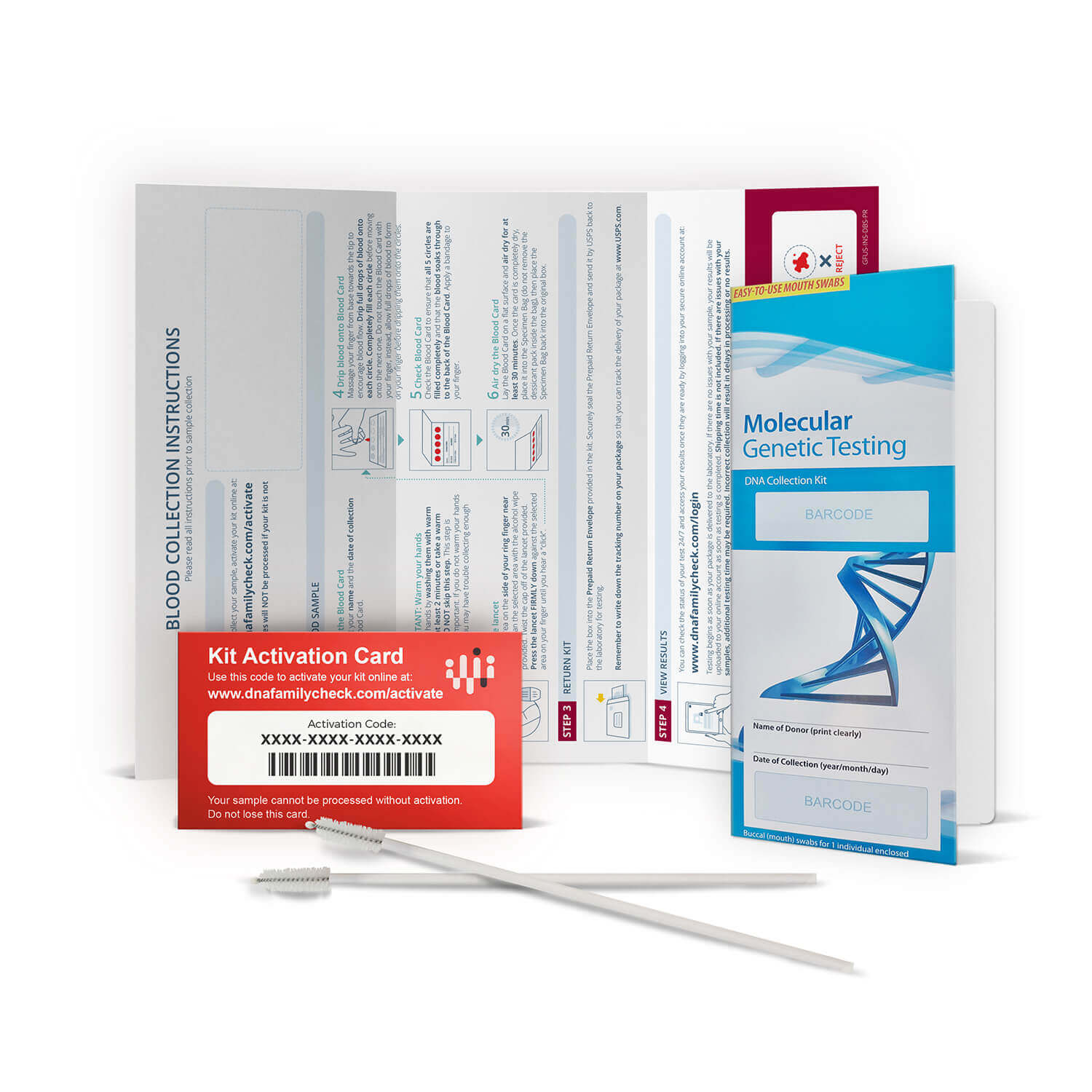
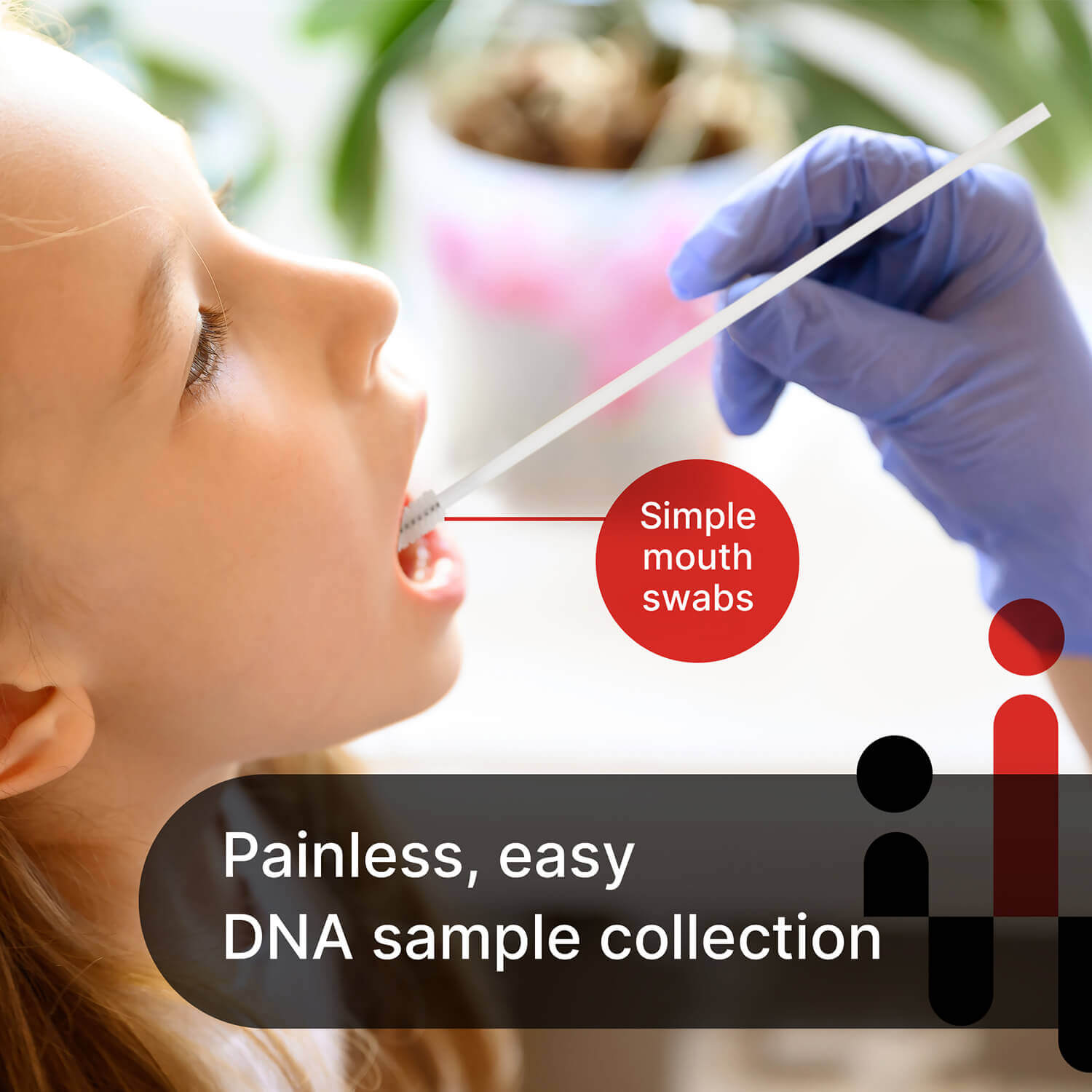
Osteoporosis Risk DNA Test
$195.00
The Osteoporosis Risk DNA Test is designed to identify genetic variants associated with a predisposition to osteoporosis, a condition that weakens bones and increases the risk of fractures. By analyzing key genes involved in bone density and calcium metabolism, this test offers valuable information to help you manage your bone health proactively.
- Identify genetic markers linked to osteoporosis risk.
- Non-invasive cheek swab collection that can be done at home.
- Access your results securely online with full privacy.
Summary
DNA Osteoporosis Risk Test
The DNA Osteoporosis Risk Test evaluates your genetic predisposition to osteoporosis by analyzing specific genes associated with bone health. This test provides insights into various aspects of bone formation, collagen production, and vitamin D metabolism, all of which play crucial roles in maintaining strong and healthy bones.
Report Categories and Genes Tested
Vitamin D
- CYP2R1: This gene is involved in the conversion of vitamin D to its active form. Variants in CYP2R1 can influence how efficiently your body metabolizes vitamin D, which is essential for calcium absorption and bone health.
- GC: The GC gene codes for vitamin D-binding protein, which helps transport vitamin D in the bloodstream. Variants in this gene can affect the availability of vitamin D, impacting bone density and overall bone health.
Bone Formation
- WNT16: This gene is involved in the Wnt signaling pathway, which regulates bone formation and density. Variants in WNT16 can influence bone strength and susceptibility to osteoporosis.
Collagen Production
- COL1A1: The COL1A1 gene is crucial for producing collagen, a protein that provides structural support to bones. Variants in this gene can affect collagen production and bone strength, increasing the risk of osteoporosis.
Bone and Cartilage Development
- GDF5: This gene plays a role in bone and cartilage development. Variants in GDF5 can impact bone growth and density, contributing to the risk of developing osteoporosis.
The presence of specific variants in these genes provides valuable information about your genetic risk for osteoporosis. Understanding these genetic markers helps in assessing your overall bone health and guiding preventive measures. While having these genetic markers can indicate a higher risk, it does not guarantee that you will develop osteoporosis. Conversely, the absence of these markers does not mean you are completely free from risk. This test helps to identify areas where you might need to take additional steps to support your bone health.
How it works

Collect

Ship

Results
Benefits
Convenience
No Hidden Fees
Fast & Accurate
Secure Online Access
About
Why DNA Family Check?
With over 20 years of experience and a proven track record, DNA Family Check is the trusted leader in relationship DNA testing. Our high-volume accredited laboratory has helped millions of families worldwide find answers and resolve questions about their relationships. As pioneers in the industry, we were one of the first to introduce the easy cheek swab method that's now the industry standard.
With our longstanding commitment to excellence and innovation, it's no wonder we're America's #1 choice for paternity answers. Our accredited laboratory is dedicated to providing accurate, reliable, and confidential results, ensuring that families receive the truth they need to move forward. With DNA Family Check, you can trust that you're in good hands.
